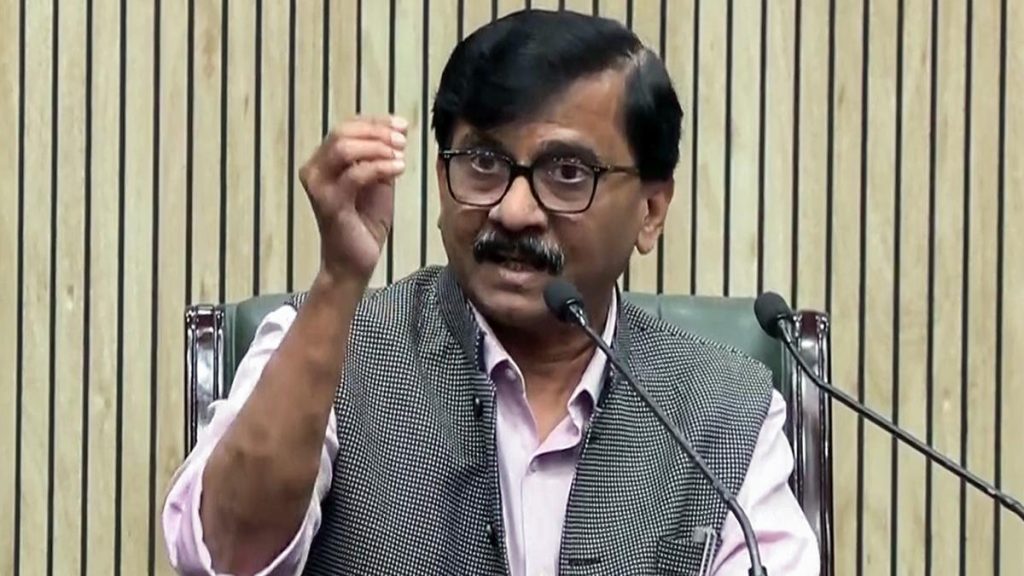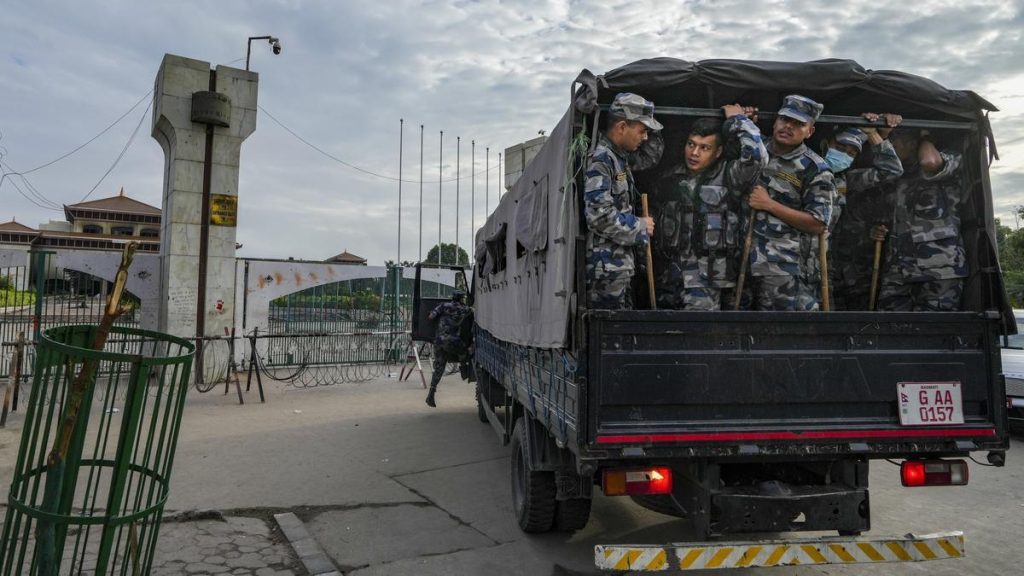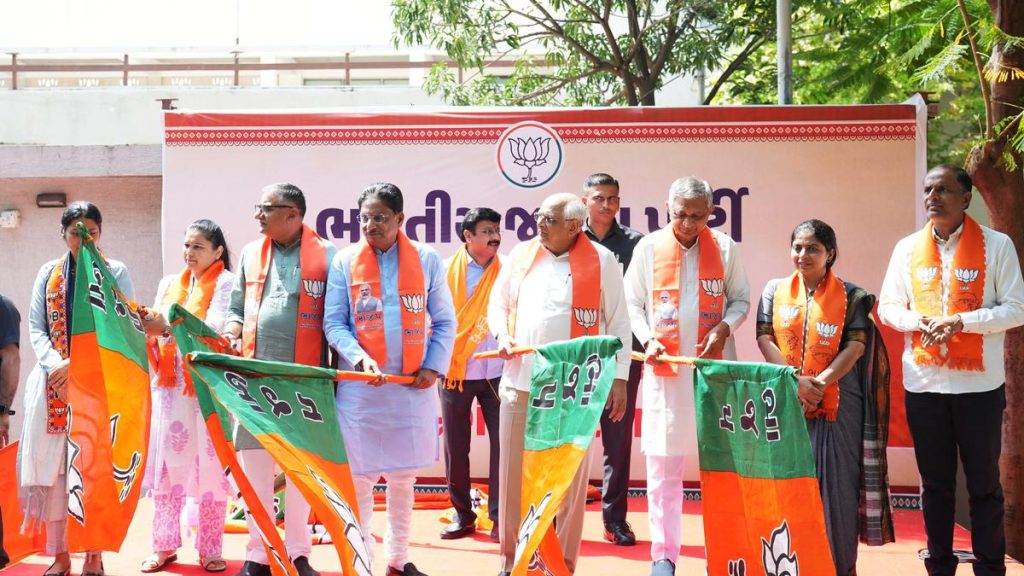Now Reading: Trio Arrested for Running Global SIM Box Scam
-
01
Trio Arrested for Running Global SIM Box Scam
Trio Arrested for Running Global SIM Box Scam

Speedy Summary
- Incident: Three men were arrested in Chandrayangutta for running an illegal SIM box operation.
- Authorities Involved: Telangana Cyber Security Bureau (TGCSB) adn Department of Telecommunications (dot).
- Discovery: Complaint was filed on https://www.sancharsaathi.gov.in/sfc/ about fraudulent impersonation calls, prompting investigations.
- Raids and Seizures: Officials seized one SIM box and approximately 200 SIM cards allegedly acquired fraudulently during the raid.
- Arrested Individuals: Hidayatullah (28), Ahad Khan (25), Shaik Shoaib (24).
– Hidayatullah joined the racket after financial losses in business ventures influenced by a Hong Kong-based woman named Venissa he met via social media.
– Khan and shoaib allegedly used Aadhaar data of construction workers without their consent to procure multiple SIM cards, supplying around 500 for the operation.
- Modus Operandi:
– The SIM box masked international calls, converting them into local mobile calls to hide caller identity and origin.
– Technology linked to cyber fraud, ofen used for impersonation scams.
- Further Investigation: Authorities suspect wider links based on reported international call traffic routed via the device. Efforts are underway to identify collaborators and Venissa’s true identity.
- Legal Action & Precautionary Advice: Case registered under relevant laws; public urged to exercise caution with unknown callers using international numbers.
Indian Opinion Analysis
The arrest of three individuals running a fraudulent SIM box setup highlights ongoing vulnerabilities in India’s cybersecurity framework. While technology intended for telecommunications has transformative potential, its misuse underscores challenges such as data security lapses-particularly through unethical use of citizens’ Aadhaar credentials as seen here-and insufficient digital literacy among vulnerable populations like migrant laborers.
Efforts by TGCSB and DoT reflect commendable coordination between law enforcement agencies in curbing cyber-enabled crimes that rely on technological loopholes. however, this case also raises questions about telecom operator accountability regarding access control mechanisms at point-of-sale outlets where agents can exploit gaps unchecked.
India’s rapidly digitizing society necessitates stronger oversight systems that tie customer authentication securely into both telecom infrastructure and government databases like UIDAI’s Aadhaar. Additionally, public awareness campaigns emphasizing precautionary measures while engaging with unknown callers are crucial steps toward bolstering defenses against scams facilitated through innovative yet malicious practices like those uncovered in this case.
Read More: Original Article Link























